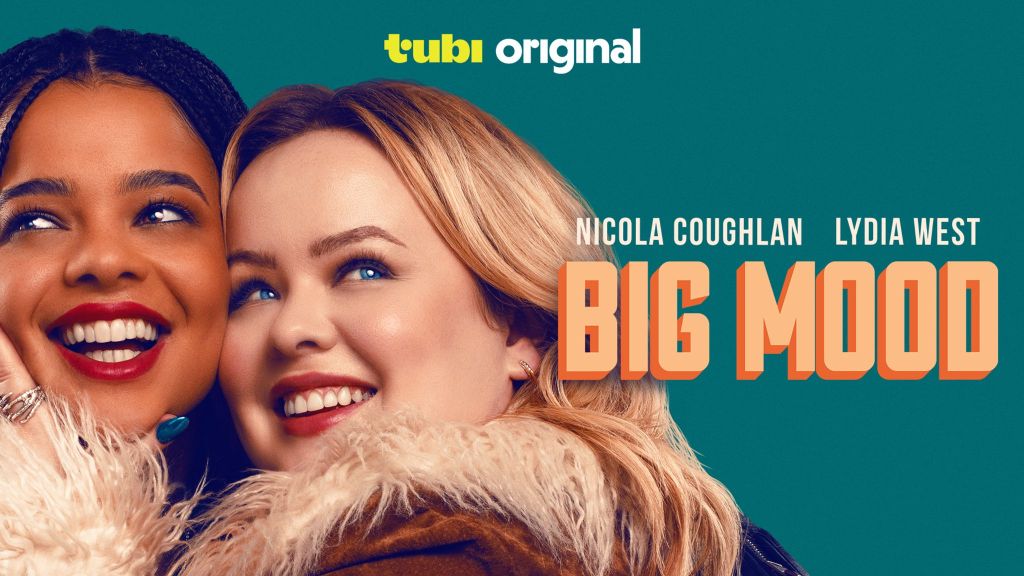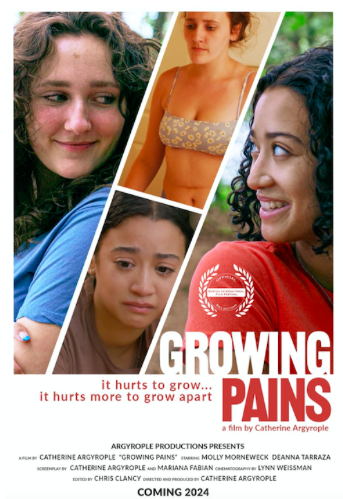Big Mood is heartfelt. It explores themes of friendship, mental health, and navigating the uncertainties of life in your thirties. Nicola Coughlan and Lydia West deliver incredible performances as Maggie and Eddie, two best friends whose bond is tested as they confront the challenges of adulthood.
In my opinion one of the show’s positives is how it showcases its honest portrayal of mental health and all of its struggles. Maggie’s bipolar disorder is not made to be a negative thing but depicted and handled with sensitivity and authenticity. The highs and lows she experiences and the show itself are raw and poignant, offering a realistic depiction of living with a mental health condition that viewers will appreciate.
“Big Mood” ultimately is a story about friendship. Maggie and Eddie’s relationship is portrayed beautifully, flaws and all. The genuine love and support they have for each other are evident, making their struggles all the more heartbreaking to watch.
The show deemed a comedy tackles strong and important themes that can be deemed “unfunny” by some. There’s a delicate balance between the comedic and the tragic, with some scenes evoking laughter while others bring sadness. This duality however, adds depth to the narrative, highlighting the complexity of life’s challenges.
Bridgerton’s Nicola Coughlan shines in her role. Her performance is both nuanced and captivating, making her character’s journey all the more compelling.
Big Mood is not just a show about mental health; it’s a story about life, friendship, and resilience All my millennials going through it should definitely tap in.
All six episodes of Big Mood airs on Tubi Friday, April 19th.




Leave a comment